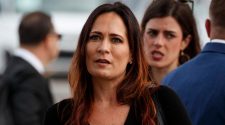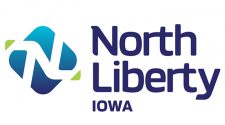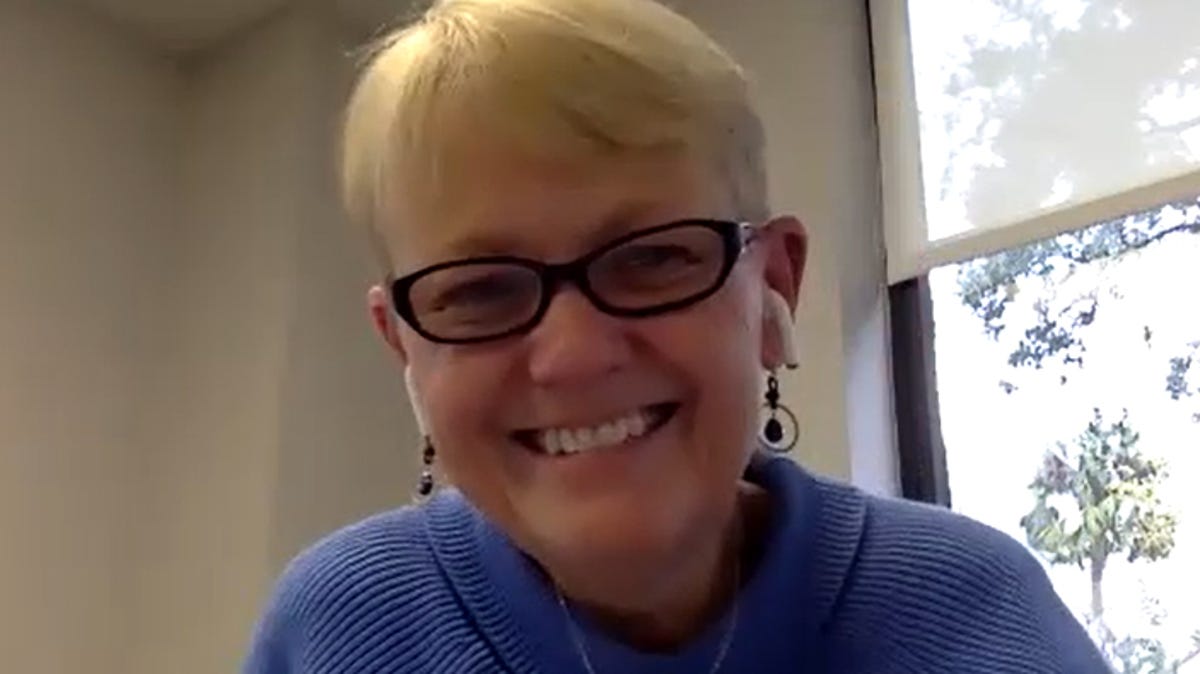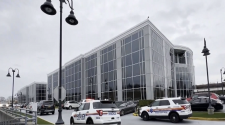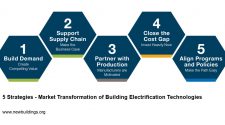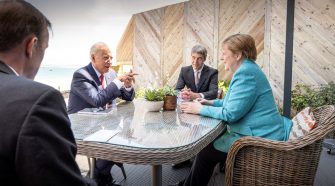| The Gainesville Sun
Janet Coats has a daunting task as the first managing director of the Consortium on Trust in Media and Technology at the University of Florida: helping to mend the deep wounds in our civic life and head off the next pandemic of disinformation.
An interdisciplinary group of scholars have been studying these issues: “how media and technology can become more trustworthy, and develop programs for the application of new knowledge and tools and the creation of new policy and law,” as its website frames the mission.
Coats has been on the job for less than three months. A former editor at the Sarasota Herald Tribune, more recently director for the Walter Cronkite School of Journalism and Mass Communication at Arizona State University, and dean of faculty at Poynter, Coats brings more real-world experience and less of an academic background to the role.
Despite the dire circumstances for trust in media and technology, or perhaps because of this, the consortium has been buoyed by some recent news beyond the arrival of its new director: a $2 million gift from Gainesville developers Linda and Ken McGurn that aligns with the fight against disinformation, and HiPerGator — a supercomputer that has come online to provide the fastest artificial intelligence tool in higher education.
With all of that, Coats sat down for a Zoom conversation recently from her office at the UF College of Journalism and Communications where a new dean, Hub Brown, is set to over next month.
What is the mission of the consortium?
“To some degree, we are entering a new phase to the consortium. There hasn’t been a permanent. managing director. So part of my job is to figure out where we go from here and how to build on the work of the people associated with the consortium to date.”
“There is so much conversation going on around trust. A lot of it is focused on things like media literacy and the platforms like Facebook and Twitter. That will be part of what we’re looking at, but I’m really trying to push us forward into things like artificial intelligence.”
“UF’s new supercomputer gives an opportunity to look at AI and large data sets that other universities and journalism programs don’t really have. So trying to think about how technology is moving, where it’s moving and what some of the new issues of trust might be.”
“It really feels like an inflection point, where some of the conversations about trust may be shifting. There’s certainly going to be more conversation about what regulation and access mean. And I also think there’s going to be a different conversation about AI, machine learning and things like that. Both as a means of surfacing more factual information, and also as a way of understanding where things are coming from.
“My goals right now are to look at those places where the unique capabilities we have with our research and our access to computing can help fill in the gaps.
“Some of the things I was working on with my colleagues at Arizona State, we have a program there on media literacy. I believe that is a really important element of this, but we are now where people can be reading from the same book, but their interpretation of it is completely different depending on where you are coming from
“Jan. 6 is a great example of this. We call be sitting and watching what is unfolding in front of us on the television screen, and the literacy people are bringing to this is very much informed by beliefs and peer groups, associations, where you are in the social media sphere. It is such a challenge to think we are all watching the same thing but seeing so differently.
How can the consortium address some of these challenges to civic trust?
“In terms if what the consortium is focused on, I want to be sure we’re not fighting the last battle. We did not see the kind of power and influence the platforms were going to have when they were first emerging. When I first went onto Facebook, it was cool to see my high school friends and what was going on with them. But it has morphed into this political and social firehose, commentary, and means to spread a lot of information and disinformation.
“Some of our scholars are looking at things like interaction with political news and the psychology of how you come to information. We have to grapple with how traditional news coverage re-enforces some of the disenfranchisement of voices. The news is not reflective of a lot of people’s reality. Not only does it not reflect it, it suppresses it.
“It’s more than a common set of facts, it’s also about experiences. For instance, trust about health information. Some of that is based on very legitimate experiences with the medical system. We think about distrust of media, but there is a lot of institutional distrust that underpins that that is separate from news coverage.
“It’s not just in the media that things are moving so fast. It’s in science and medicine. You think about the evolution of the vaccine. When the pandemic first began, the conversation was that this can take years as you go through all the testing and safety procedures. And then for it to come so quickly. Just reading how scientists talk about that: in the last few years, in ways that weren’t obvious to people others than scientists working on this, the process had accelerated. Expectations about what was possible changed even within the science community in ways the rest of us had not caught up to.
Trust is broken in our elections in ways that may be hard to fix within an election cycle.
“We’re Floridians, so we’ve been living with can you trust an election, now for 20 years. I’m still traumatized by hanging chads. Even the machinery of elections, the process, has all kinds of ways people mistrust things beyond the political information.
“There’s the how we convey information, and then trust in the institutions themselves. There’s interplay between those things of course.”
Are you optimistic about where things are headed and the impacts the consortium can have?
“I have to be optimistic or I wouldn’t do this. For me, this is the culmination of years and years of work as a journalist. Issues of trust are not new. We could see diminished trust in our work and polarization. That’s picked up speed in the digital age.
“I do think that intervention can make a difference. In one sense, I think an era ended (on Jan. 6), the first 20 years of being in a truly connected world. For a lot of people, the flaws in social media, the echo cambers, really became stark.
“So in one way, I’m optimistic that this is a chance to engage the conversation in a different way. And in a way that really gets into the rights and responsibilities pieces of this. For social media platforms, what should that look like in a regulatory environment?
“When the president gets deplatformed on Twitter, different people look at that, some with cheers and some with arguments about taking the voice of the president out of the public square, or at least a corner of the public square. No matter where you come down on that, the implications are broad and the conversation is one that is ripe.”
Will that conversation happen in academic papers, in classroom lectures or in ways that are somehow more direct outreach to the community?
“One of the advantages of a college of journalism is that we can do all those things. Because it is interdisciplinary, we’re able to have collaborative relationships with scholars all over the university. So we have that rigorous scholarship. We can take the current moment that we’re studying into the classroom. The students are teaching us. They are living in this world in a very different way than I do.
“Those of us who grew up with three channels on the television are never going to be native to this digital world. These young people will shape the dynamic. And the public scholarship is something that journalism educators do particularly well because we’re used to writing in the mainstream media.
“One of the things that I’m eager to do is to get the consortium in that broader trust dialogue that is going among researchers and the broader conversation among people who are navigating this world and wanting help with that.
What are the goal posts that will help you know you’re heading in the right direction?
“I’m still trying to find out where light switches are over here. There is a body of work to draw from, from what the scholars have been pursing in their research, and I’m having conversations with them on what they’re learning and where we think we should go.
“Part of my job as managing director is to be just that, to manage consortium. I would never hold myself up to be an expert in this, certainly not in a scholarly way in understanding trust. A lot of my job is bringing together the thinking of others and facilitating collaborations within UF and the business world too. The KPIs are going to come.
“As someone who watched the internet change the world in ways we were slow to understand in the ‘90s, AI is that force now. The resources and commitment of UF has in place make that a real opportunity. The consortium stands right at the intersection of that: AI and technology, and how information is moving, and what that means for trust, and what that means for ways people communicate, share information and collect information. That is exciting to me.”



